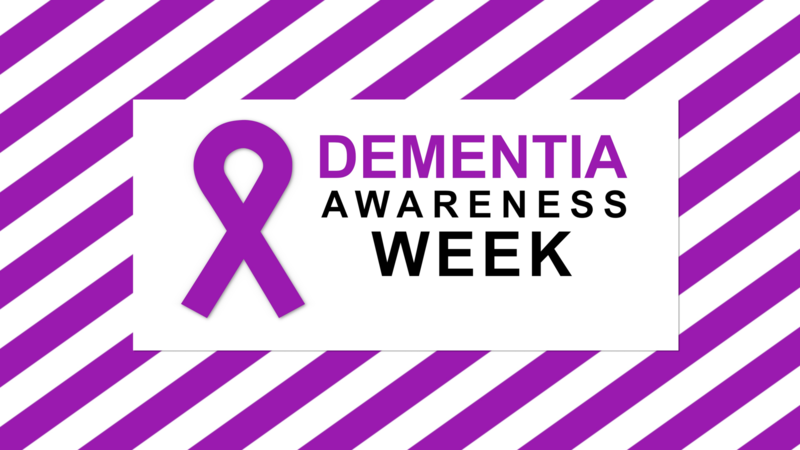-
0800 612 0011
free from landlines
-
0330 660 1166
free from most mobiles
Published at 17 May, 2021 09:00.

Dementia Awareness Week is a national event led by Alzheimer’s society that sees the public come together to take action to improve the lives of people affected by dementia. This year's awareness week takes place on 17th – 23rd May.
34.5 million people living in the UK know of someone living with dementia, one in three of us born in the UK today will go on to develop dementia in our lifetime, and there will be one million people living with dementia by 2025 making dementia care one of greatest challenges we are facing as a society.
With dementia there are few existing treatments, so it’s social care that is heavily relied on. People with dementia represent the majority of social care users, so it is crucial that the system is fit for purpose.
Dementia isn’t so easy to diagnose as different types can affect people differently, and everyone will experience symptoms in their own way.
There are some common early symptoms that may appear some time before a diagnosis. These include:
These symptoms are normally pretty mild and may not result in dementia but if you or your family members have any of these symptoms its always recommended to speak to a doctor just for peace of mind. Dementia isn’t a normal part of aging which is why it is recommended to consult a doctor and ensure you or your family member is receiving the best care.
There is evidence that smoking can increase your risk of developing dementia. Not everyone who smokes will get dementia, but stopping smoking is thought to reduce your risk back down to the level of non-smokers.
Some reasons behind this include that the two most common forms of dementia (Alzheimer’s disease and vascular dementia) have both been linked to problems with the vascular system. It is known that smoking increases the risk of vascular problems, including via strokes or smaller bleeds in the brain, which are also risk factors for dementia.
Visit the Alzheimer's Society's website to find out more about how you can get involved.
There are many ways we can help:
Quit online - https://yorkshiresmokefree.nhs.uk/pages/quit-online
Our online quit tool will allow you to create your own personal profile and will support you on a daily basis through your quit journey.
Telephone support - our advisors are on hand to answer any questions or provide additional support as you need it. You can call 0800 612 0011 (free from landlines) or 0330 660 1166.
Visit our frequently asked questions section to find out more: https://yorkshiresmokefree.nhs.uk/frequently-asked-questions